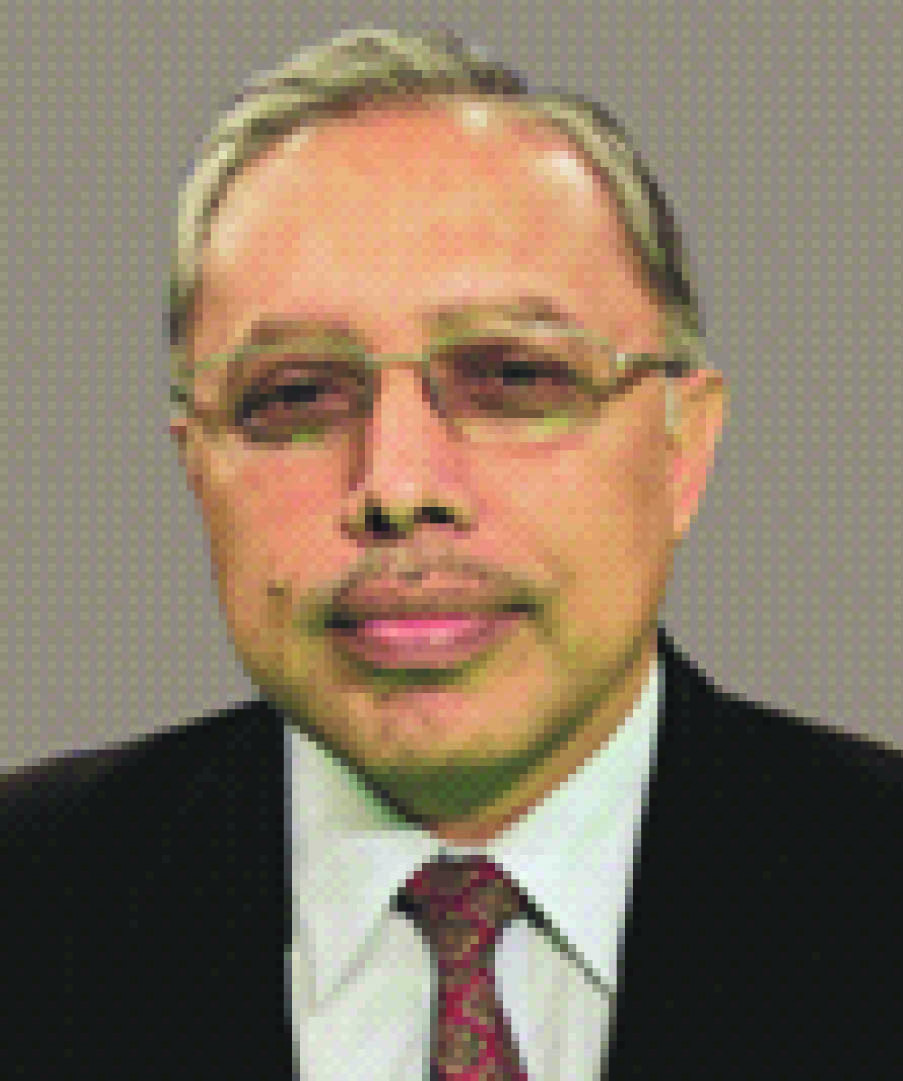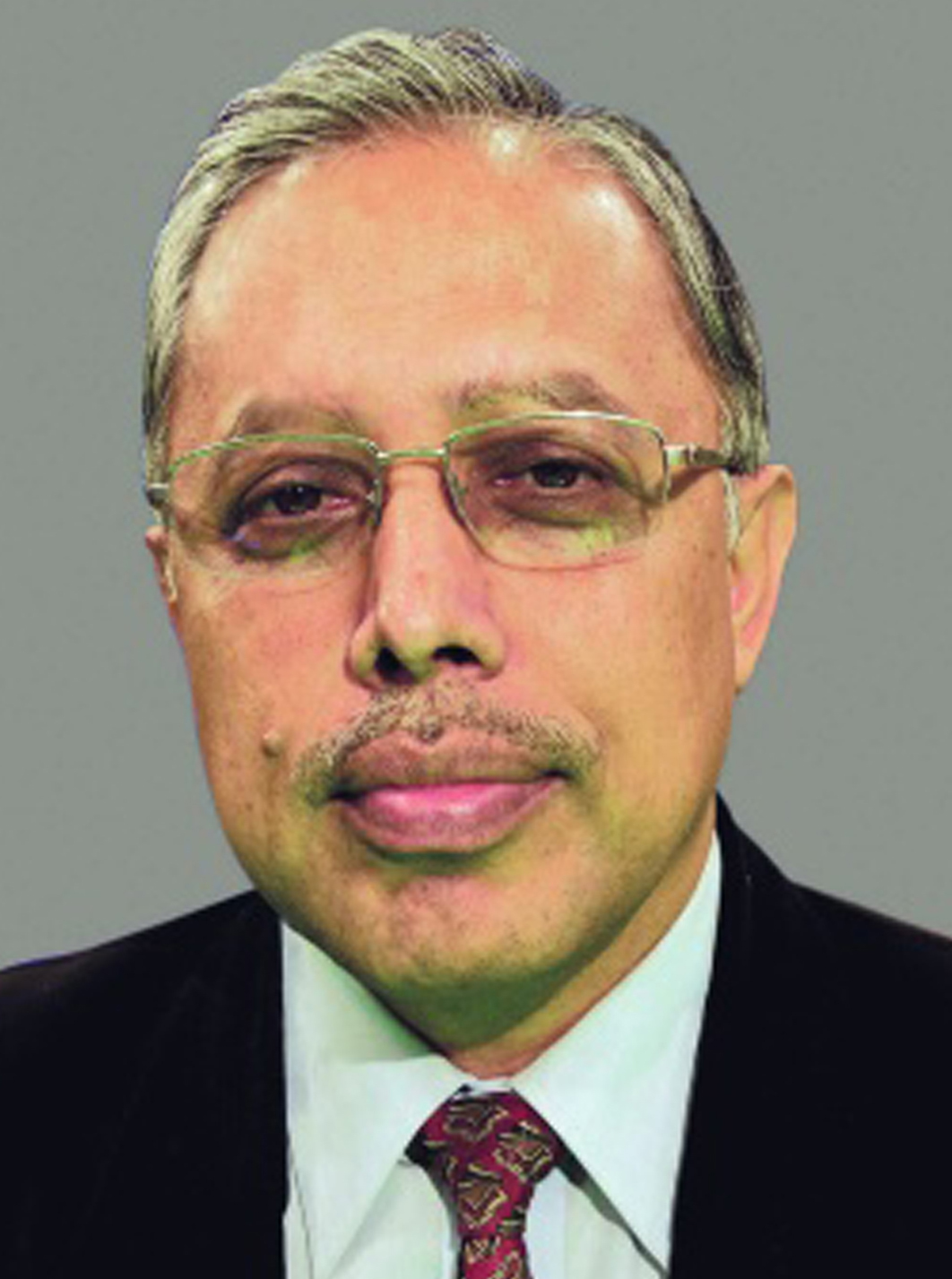HRM in Bangladesh: Rhetoric and reality


In an increasingly competitive world, human resource has become a cutting age factor. It is the only resource that has a vital role in ensuring dynamism and vitality. As the typical HR manager would say, the right person at the right job, with the correct targets in the right environment, will produce the right results within the right time. How can we make this a reality rather than mere rhetoric?
It is true that the real difference between success and failure in an organization can be very often traced to the question of how well the organization bring out the great energies and talents. The HR’s strategic role is to adapt individual HR practices to fit into specific organizational and competitive strategies.
In response to the changes at organizational strategic levels, the role of HR function is dramatically changing. As a strategic partner, the HR Manager has to acquire business mastery, a path that would lead him/her to greater interactions with the top management.
With the liberalization of the economy, we saw a rapid
phase of change in business activities in Bangladesh.
But the real challenge lies in sustaining the dynamism
in the face of global changes; not being a victim but
becoming a victor
Available evidence show that HR should be defined not by what it does but what it delivers. We have to identify five critical business challenges faced by organizations across the world.
Globalization: With the rapid expansion of markets, managers are struggling to balance the paradoxical demand to think globally and act locally. Globalization requires that organizations increase their ability to learn and collaborate, and to manage diversity, complexity, and ambiguity.
Bangladeshi organizations should be geared to explore the gold mines globalization offers, while avoiding land mines. HRM has to cater for competency development of employees. Their enhanced knowledge, attitude and skills will lead to competitive advantage of the organization. That is the only way to survive and succeed in a “flat world”.
Profitability through growth: The drive for revenue growth puts unique demands on an organization. Being creative and innovative, encouraging free flow of information, keeping in touch with the rapidly changing need of customers are some of the key strategies involved.
This focus got further reinforced in the wake of the current global recession. In Bangladesh organizations need to take note as to how best they can assess the real customer needs on a regular basis, whilst being dynamic providers of goods and services as progress partners, which is the order of the day.
HRM should work hand in hand with business leaders in providing people with right competencies in ensuring the required performance. Appropriate measuring tools such as the Balanced Score Card should be employed.
Technology: Managers need to stay ahead in the effective use of information, and should learn to leverage such information for business results. In Bangladesh, an increasing awareness on the use of information and communication technology (ICT) for economic and business development can be seen. Despite multiple initiatives from both the private and public fronts, the real utilization of hardware and software assets, tapping the full potential of our bright, young “Livewire” is yet to be done. HRM should cater for technology leadership, in using ICT for employee development.
Intellectual capital: Knowledge has increasingly becoming a direct competitive advantage, posing a challenge to organizations to ensure that they have the capability to find, assimilate, develop, compensate and retain competent individuals. Bangladesh, in the face of brain drain, particularly in industries such as ICT, needs to find ways and means such as gain-sharing, in order to retain such intellectual capital within the country. A reverse brain-drain is a strong possibility with the growing optimism in the business circles. There are opportunities for HRM to play a vital role in this respect.
Change, change, and more change: Perhaps the greatest competitive challenge, organizations should adjusting to the need of embracing non-stop change. The ability to learn rapidly and continuously, innovate ceaselessly, and take on new strategic imperatives faster and more comfortably have become the order of the day. In other words, organizations need to be in a never ending state of transformation, perpetually creating fundamental, enduring change.
With the liberalization of the economy, we saw a rapid phase of change in business activities in Bangladesh. But the real challenge lies in sustaining the dynamism in the face of global changes; not being a victim but becoming a victor. Now the time has come, to enter into a rapid phase of growth and development. The role of HRM is immense in this aspect, where organizations have to plan and implement how the people factor can be utilized for goal attainment. Experts have forecasted an acute shortage of professionals in time to come, with the wake of business expansion. HRM strategies, action plans and implementation should cater for bridging such gaps.
The crux of the matter is whether impelling forces (visionary leadership, value as a competitive advantage, professional & committed HR managers) are successful in overcoming impeding forces (low commitment from top management, overemphasis on administrative aspects, low competency of HR managers) in moving from the current state to the desired state. The scenario we see is a conscious transformation from narrowly focusing on personnel and administration to becoming a strategic partner of organizational success.
Prof. Dr. Md. Abu Taher is Member, University Grants Commission & Director, Board of Directors, Jiban Bima Corporation, Dhaka.




